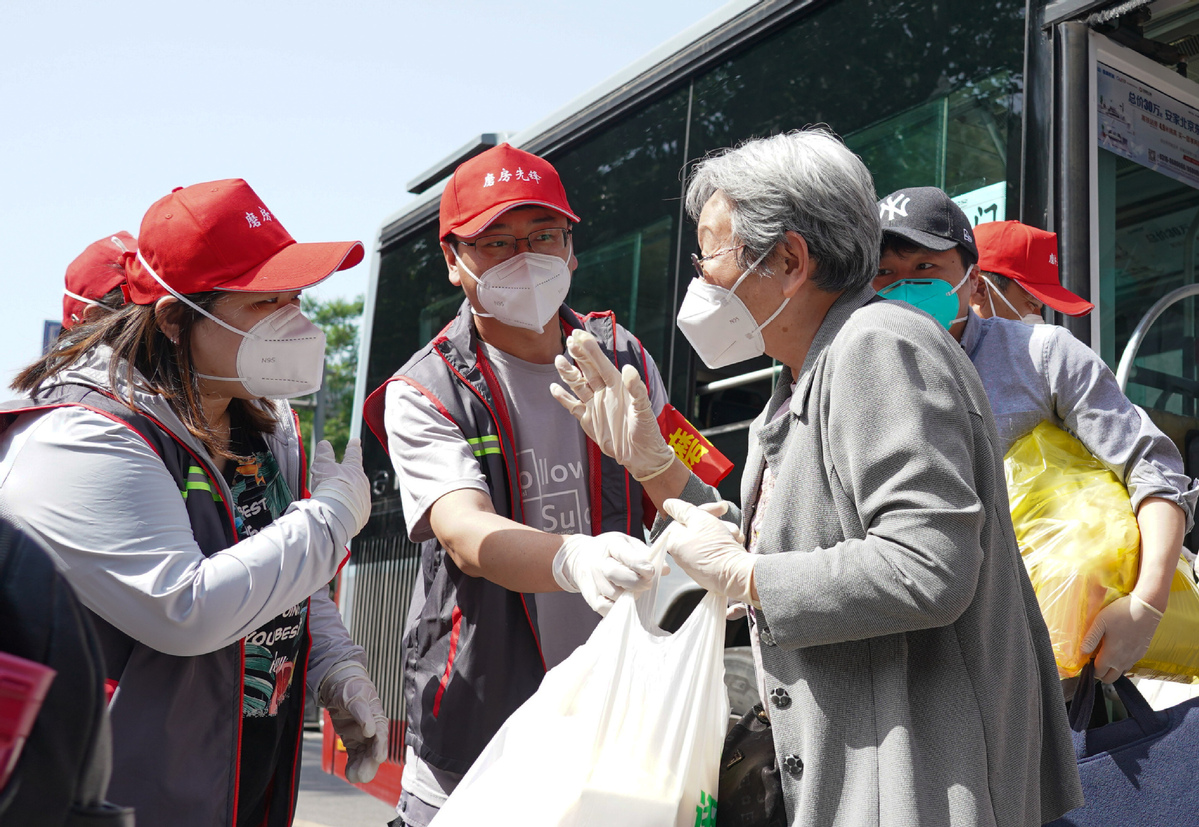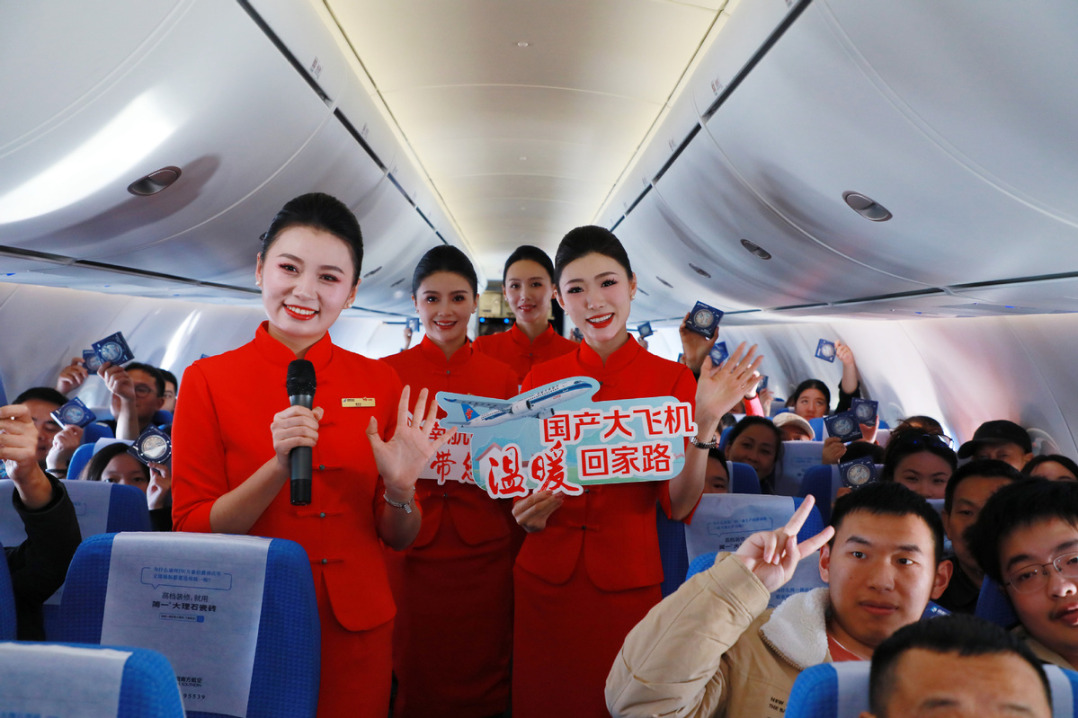Shanghai enacts post-lockdown action plan


Shanghai is 'at a critical juncture in economic recovery and development'
Shanghai released a 50-measure action plan on Sunday to fully assist domestic and foreign enterprises in recovering from challenges brought by the wave of COVID-19 infections over the past few months and to rehabilitate Shanghai's economic vitality.
The measures, covering tax rebates, rent reductions, financial subsidies, job market stabilization, promoting the resumption of business operations and stabilizing foreign-funded companies' development, are the city's latest efforts to help enterprises through the unprecedented financial difficulties that arose as the city fought its toughest COVID-19 outbreak, beginning in early March.
"Shanghai is at a critical juncture in economic recovery and development while continuing to stick to epidemic prevention and control. The city's priority in this phase is to maintain the development of enterprises and employment situation as well as to stabilize its economic fundamental base," Shanghai Vice-Mayor Wu Qing said at a news briefing.
According to the action plan, businesses in the catering, retail, tourism, civil aviation and transportation sectors, and small, medium and micro-sized enterprises are allowed to postpone paying social insurance premiums and housing subsidy funds in addition to the fee and tax reductions and exemptions granted until the end of this year.
Supporting steps
"We'll allow all enterprises that have abided by epidemic prevention and control to fully resume work and production starting June 1," Wu said.
"Supporting steps include an expanded scope of subsidies for corporate epidemic prevention and disinfection, the establishment of a joint guarantee mechanism for the industrial and supply chains in the Yangtze River Delta region, and streamlined domestic and international logistics and transportation channels," he said.
A key part of the action plan is to stabilize foreign investment and trade as well as to accelerate the recovery of consumption and investment.
"Multinational companies will be allowed to apply for the special funds for the development of their regional headquarters in Shanghai in advance this year, and the authority will further support such companies to set up regional headquarters and foreign research and development centers in the city," he said.
Gu Jun, director of the Shanghai Commerce Commission, said that the authority will spare no effort to help foreign-funded companies and those in foreign trade to retain their clients.
"We'll coordinate with customs, finance, taxation, foreign exchange and other departments to implement various trade facilitation policies, including reducing corporate financing costs," he said.
Higher-level opening-up
Altogether, 1,525 key foreign-funded companies and those in foreign trade were on the government's list to resume work and production in three groups, said Gu, adding that so far 91 percent of the first group, 73 percent of the second group and 50 percent of the third had done so.
"Shanghai will better use open platforms, such as the pilot Free Trade Zone, Lingang New Area, and Hongqiao International Central Business District, and enhance its positioning as an open gateway to attract and welcome foreign enterprises to invest in the city in a manner of opening-up at a higher level to the world," he said.
In Beijing, the recent COVID-19 outbreak has been effectively controlled, and the city eased some epidemic countermeasures over the weekend to gradually resume production and get life in the city back to normal, health officials said on Sunday.
The city reported seven new locally transmitted cases as of 3 pm on Sunday, bringing the total of infections since April 22 to 1,730, said Liu Xiaofeng, deputy director of the Beijing Center for Disease Prevention and Control.
Beijing has not detected locally transmitted cases outside locked down and controlled areas for two consecutive days, Liu said. "The latest outbreak of the epidemic has been effectively controlled," he said.
Li Yi, spokesman for the Beijing Education Commission, said authorities have made plans to ensure a safe gaokao, the college entrance examination, in the capital amid the epidemic.
- Rare snow leopard fossils trace evolutionary history of species
- Solar power projects drive ecological restoration in North China's deserts
- Media outlets sign cooperation agreement
- Scientists shed light on construction of dynamic supramolecular snub cubes
- Beijing holds vibrant New Year celebrations at Shougang Park
- Trade between Chinese mainland, Taiwan records year-on-year increase of 9.4%





































